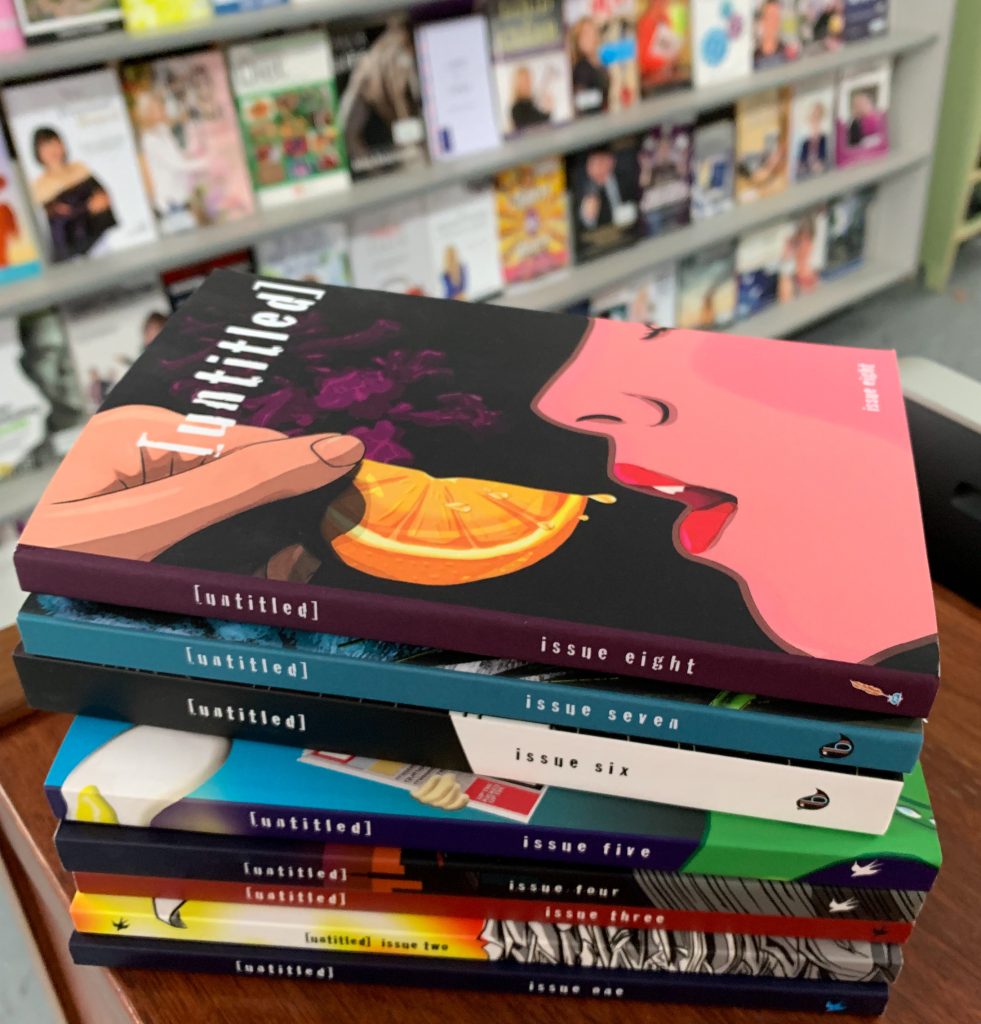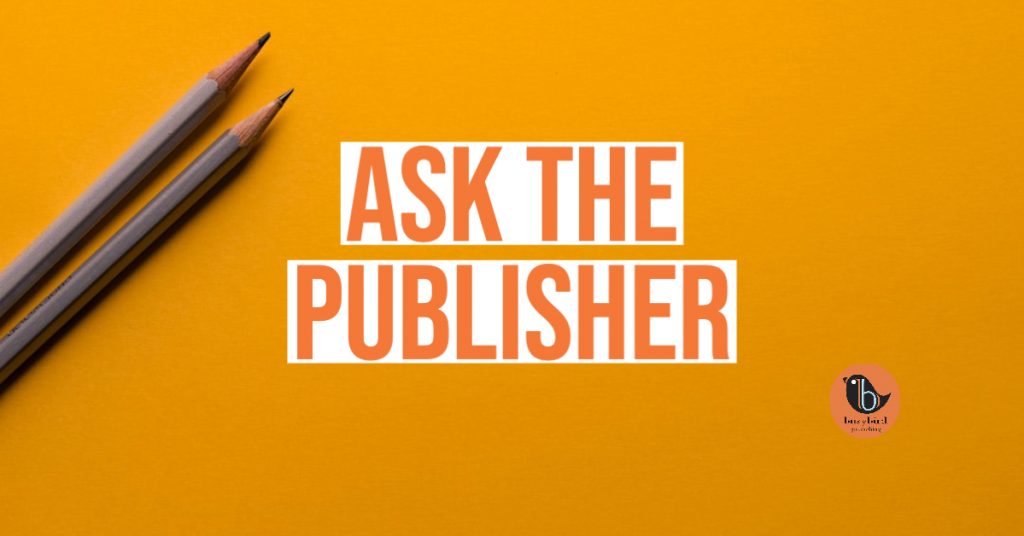

Month: May 2020
Welcome to the Busybird blog, where you can find helpful articles, updates, industry news and more. Make sure you stay up to date by signing up to our newsletter below.
Your publishing opportunities
May 27, 2020
Do you know your publishing opportunities? It’s all very well to write something and think it will be published just because you wish it so. The more publishing history you have, the more chances are that your story will be wanted by a publisher. There are so many options and to get the best outcome for your story, you should look at what your options are.
Writing competitions
No matter what you are writing – essay, short story, novel or memoir – there’s bound to be a writing competition that will suit you. The great things about competitions are that there is usually prize money and if you win your story will be published. Don’t enter if publication isn’t part of the competition. Another reason to enter a competition is that it will give you a goal to complete your story by the deadline of the competition, and to make it as good as you can.
Magazines
There are often call outs from magazines (print and digital) for articles or short stories on specific topics. It’s worth a look on Google to see what’s out there. Be mindful of word counts for these as they are strict and need to adhere to space, hence the word limit.
Anthologies
There are lots of anthologies out in the marketplace that publish short stories and articles. Again, it’s a matter of researching what is out there. Some anthologies ask you to contribute to the cost of publication, others will pay you. Avoid paying to publish if they ask you to pay for a large quantity of books. Always, when paying to publish, look at the fine print and look for negative reviews about the publication.
Small press
We have a very strong small press industry in Australia. To find out more about some of these publishers, check out the Small Press Network (SPN). We’re members of this fabulous group. Small Press publishers don’t have the overheads of some of the big publishers and so are not as risk averse. There may be an opportunity for you to be published by one of them.
Large publishers
Of course, we’d all love to land a contract with Hachette or Penguin or Allen & Unwin but it’s a waiting game and very few people actually get a contract, (around 2% of submissions). Again, it’s about knowing the market and looking out for opportunities. At the moment, Allen & Unwin have re-opened their Friday Pitch, so check that out if you are writing adult fiction, non-fiction or illustrated books.
Self-publish
Of course, you can take matters into your own hands and self-publish. But only do this if you are willing to do the work to make it a great product. Treat it like a business. You will need to invest money but please don’t take out a second mortgage on your house. Publishing your book won’t cost that much if you do it right. And don’t do it if you are wanting to publish a best-seller. No one can predict a best-seller. To date we have worked with over 500 people to self-publish and the overwhelming feeling is that it is fun and rewarding.
Writers’ resources
So, where do you find out about all of these opportunities? Often libraries have information but there are writers’ centres in most states that you can become a member of (recommended) and they will tell you about lots of what has been mentioned above.
We often run competitions and publish books that are either author contributed or we pay for the story. It depends on funding and the publishing situation. Our latest competition opens next Monday 1 June. Check it out here. We’ll also be opening our short story anthology on 1 September, where we pay for the story.
Get educated and learn how the publishing industry works. This is one of our missions, to educate writers about writing, publishing and their Intellectual Rights/Property.
Go forth and publish!
Blaise the book chick
Questions to ask a publisher
May 13, 2020
Are you looking for ways to publish your book? Does it feel like a minefield and you’ve heard lots of horror stories? Do your homework and it will be anxiety free, successful and fun! Here are some questions to ask a prospective publisher:
Do you charge any fees to publish?
If there are charges, the publisher is providing publishing services and is NOT a traditional publisher.
Do you provide a quotation for the services you provide?
When investing any sum of money, you should know exactly what you’re paying for so that there are no surprises at the end of the project.
Do you use qualified editors?
There is a big difference between a professional book editor and someone who is just good at spelling and grammar.
What is involved in the editing?
You need to determine what kind of editing you need. The publisher should be able to help you do this, based on the outcome that you want and the state of the manuscript as it stands. At a minimum, an editor will clean up the copy for spelling and grammar but also look for consistency in voice, flow of sentences, copyright issues, legal issues and overall professionalism of the text.
Do you use experienced book designers?
The book cover is a vital part of the marketing of your book. This is not somewhere that you should be blasé about how it looks. A boring, badly designed cover could be the difference between failure and success of the book because it is the first impression.
Do you project manage the book tasks?
Every book is unique, even if the topic isn’t. There should be discussion about how the project runs and who takes care of what. Ideally, the publisher should take care of the logistics of the different tasks of the project so that the client can concentrate on marketing.
Do you take care of the ISBN, barcodes and library deposits?
To publish a book, you don’t have to have an ISBN (International Standard Book Number) but it is highly recommended if you want to sell online or through bookstores. When you register and ISBN, the book becomes a legal document and a copy of it must be deposited with the library in your state as well as the National library of Australia (please check requirements for your own country).
Do you retain any rights to my book?
If you are talking to a traditional publisher, they borrow your copyright for the duration of the contract but never actually own it. If you are self-publishing, you should have full control of your copyright at all times, as well as full control of the whole project.
Do you help sell the books?
This is an important question and you need to know this from the start. Some publishers will give guidance, others will charge a fee and others offer no marketing at all. There is no right or wrong, you just need to know for your own planning.
Do you take a royalty from the sales of the book?
Another important question because this is where you work out what your ROI is for your book project. If the publisher is helping you to sell the book, it’s fair that they ask for something in return for the time, like a commission or a set fee. If they aren’t selling it for you, they have no right to claim a royalty or fee.
Do I have full copyright of my book?
This should be spelled out in the agreement between you and the publisher. No matter what, you always own the copyright of your work but there may be a period of time that the publisher borrows the copyright for a term of the contract.
Do I have full control over the look and feel of my book?
Again, this depends on your agreement. If being traditionally published, they pay for everything, so it’s reasonable that they also control these aspects of the book. If you’re paying, you must have full control of everything. Publishers can of course give advice but it’s up to you to decide what to follow.
How long will it take to publish the book?
This does depend on a few things. Traditional publishing can take up to two years before books are in stores. Self-publishing, on average, is around three months.
Can you help get the book into bookstores?
Traditional publishers will be doing this as part of the project and will cover all costs. If self-publishing, there are a variety of ways to make this happen: by contacting bookstores yourself, using a book distributor or having global distribution by using a print on demand system.
I want a bestseller. Can you help with that?
No one can promise you a bestseller. You can cheat the algorithms on Amazon with an ebook by selling a handful of books and get a bestselling status but everyone knows it’s not really a bestseller and bookstores will refuse to stock your book if it has an Amazon #1 sticker on it. The big publishers can’t predict a bestseller. They can hope a certain book is one but in the end, only a small percentage will be. Concentrate on creating a fantastic book that everyone wants to read.
How much does it cost to self-publish a book?
How long is a piece of string? For a traditional publisher, their budget might be $50,000 AUS (they pay) but if you’re self-publishing it can cost as little as $2000 or as much as $20,000 depending on the scope of your project and the outcome you desire. Factors to account for are the publishing components like editing and design but also printing and promotion.
This list can be downloaded from our ‘freebies‘ page.
Blaise the book chick
